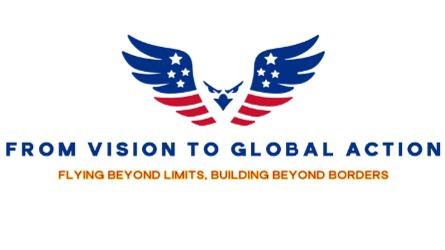🤝 Top Collabolators
🤓 Latest Submissions

Flying Beyond Limits and Building Beyond Borders
Our team’s vision for this event is driven by a decade of research and over 15 initiatives that highlight a persistent challenge: fragmented and disorganized data and information. Tackling this foundational issue is essential to addressing broader governance challenges, and we’re taking the first step with a transformative prototype: the Knowledge Extraction Model. Whether it’s legal documents, governmental records, or citizen petitions, the inability to structure, interconnect, and analyze information impedes progress across the board. The solution lies in creating a robust, cross-sector platform capable of organizing data and fine-tuning AI models for graph-based knowledge representation. By solving this root issue, we can pave the way for more efficient, transparent, and citizen-focused governance systems. We did a prototype that leverages advanced AI and graph database technology to restructure how data is organized and utilized. Some features: Knowledge Extraction and Graph Databases The model identifies patterns, entities, and relationships within unstructured data to construct a knowledge graph. This structured representation allows for better visualization and analysis of interconnected information, enabling actionable insights. Grok extracts relevant information from diverse data sources. It organizes the extracted data into graph databases, streamlining the process of analysis and relationship mapping. Machine Learning for Legal and Governmental Analysis The model transforms legal and governmental documents into organized, cyclical formats, improving process tracking and management. Knowledge Graph for Recommendations The prototype supports systems that recommend appropriate governmental entities for resolving specific issues. This ensures clearer and more efficient pathways for citizens to interact with government services. More information here: https://docs.google.com/document/d/1yE91oZBmNIqkvarKIu1b6zjswOSHMY_KC9k7GrHl5Vs/edit?usp=sharing
15 Dec 2024




.png&w=640&q=75)
